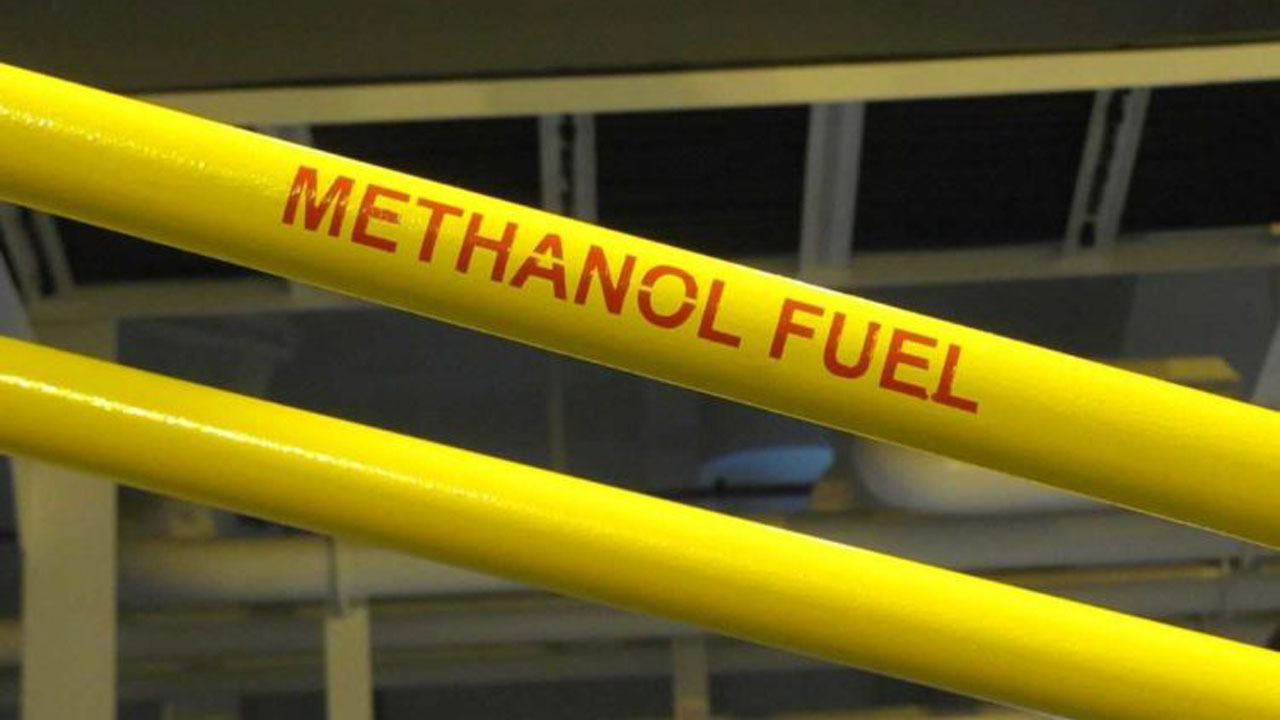
Signs $3.6b FID To Harness Gas, Reduce Carbon Emission
Years after wasting huge amount on the importation of methanol, the Federal Government has disclosed its intention to compete in the global methanol market with a new investment.
The Federal Government and some private sector investors sealed the Final Investment Decision (FID) on the Brass Fertiliser and Petrochemical Company Limited, expected to turn Nigeria into one of the world’s largest producers of the product.
Sponsored by two Federal Government agencies, Nigerian National Petroleum Corporate (NNPC) and the Nigerian Content Development and Monitoring Board (NCDMB), as well as a private firm, DVS Engineering Limited, the project is expected to cost about $3.6b and turn out about 10, 000 metric tons of methanol.
Methanol, also referred to as methyl alcohol and derived from natural gas and other sources, is used for industrial purposes. It serves as energy carrier for factories and electricity generation and alternative fuel in the face of the demand for cleaner energy. Globally, the market share of the product, standing at $20.4b in 2020 is projected to hit $26.6b by 2025.
Nigeria’s failure to develop its petrochemical industry, especially methanol, has been regarded as the reason manufacturing companies are importing about 80 per cent of their raw materials worth over $10b.
At the event in Abuja, Minister of State for Petroleum Resources, Timipre Sylva, said the country currently imports 100 per cent of its methanol needs.
According to him, the project would halt importation of methanol into the country, creates 30, 000 direct and indirect jobs during construction and about 6,000 permanent jobs, when operational.
Last year, the Federal Government had put the nation’s total gas reserves at 203.16tr cubic feet (TCF), representing a marginal increase of 1.16tcf or 0.57 per cent from the 202tcf recorded in 2019. But the investment to unlock the resources remained elusive; thanks to recent efforts on the Nigerian LNG train seven, a new gas processing plants in Edo and the FID on the methanol plant.
Sylva, who took over office as Minister after being Governor of Bayelsa, an oil producing state, which houses the gas plant, had declared last year as ‘the year of gas.’
He sees the current FID as another milestone in Nigeria’s efforts to maximise and monetise gas, which is usually flared or re-injected for crude oil production.
Group Managing Director of NNPC, Mele Kyari, said the current administration has taken about similar FIDs in the last five years, a development that showed positive signs, despite COVID-19 challenges and low investment appetite across the oil and gas industry.
He described the move as government’s indication to boost domestic use of gas in the country, stressing that the momentum would be sustained.
“This is not a virtual project,” Kyari said jokingly, stressing that the project would be implemented to time to enable the country creates value from gas resources.



